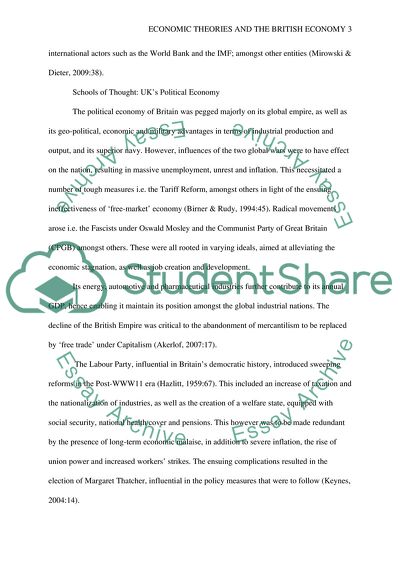Cite this document
(Which economic theory has shaped the British economy more: Essay, n.d.)
Which economic theory has shaped the British economy more: Essay. https://studentshare.org/macro-microeconomics/1820319-which-economic-theory-has-shaped-the-british-economy-more-keynesianism-or-neo-liberalism
Which economic theory has shaped the British economy more: Essay. https://studentshare.org/macro-microeconomics/1820319-which-economic-theory-has-shaped-the-british-economy-more-keynesianism-or-neo-liberalism
(Which Economic Theory Has Shaped the British Economy More: Essay)
Which Economic Theory Has Shaped the British Economy More: Essay. https://studentshare.org/macro-microeconomics/1820319-which-economic-theory-has-shaped-the-british-economy-more-keynesianism-or-neo-liberalism.
Which Economic Theory Has Shaped the British Economy More: Essay. https://studentshare.org/macro-microeconomics/1820319-which-economic-theory-has-shaped-the-british-economy-more-keynesianism-or-neo-liberalism.
“Which Economic Theory Has Shaped the British Economy More: Essay”. https://studentshare.org/macro-microeconomics/1820319-which-economic-theory-has-shaped-the-british-economy-more-keynesianism-or-neo-liberalism.


